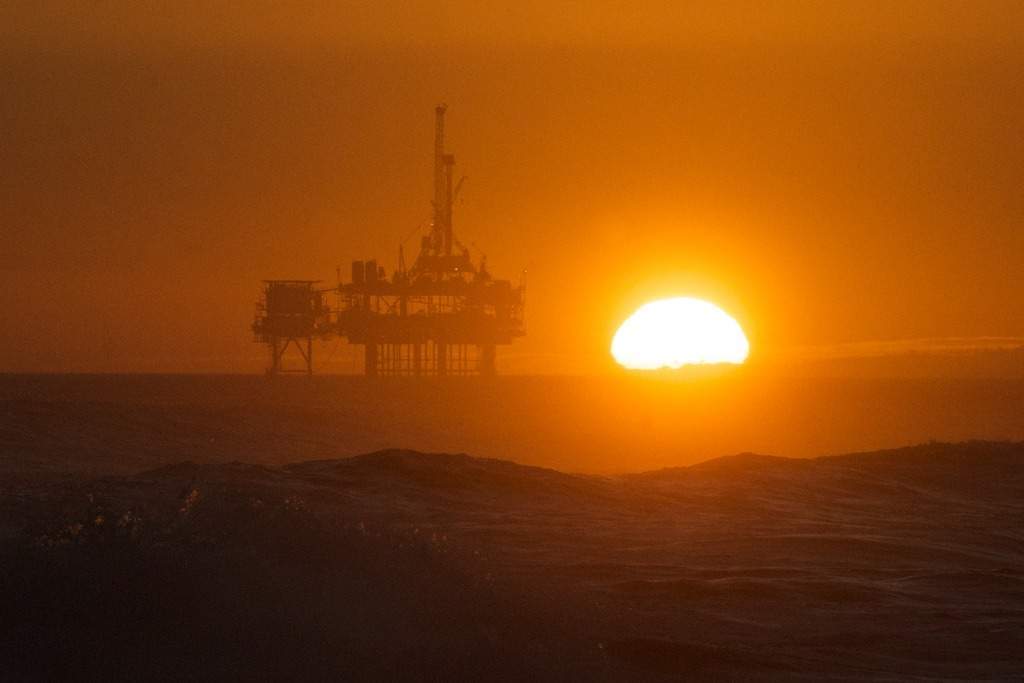
Why world needs to pay heed to Sir David Attenborough and Spear’s recent cover story on climate change, writes Alec Marsh
On 3 December in the Polish city of Katowice, a town built on coal, 93-year-old naturalist Sir David Attenborough issued a chilling warning to the world. ‘Right now we are facing a manmade disaster of global scale, our greatest threat in thousands of years: climate change,’ he said. ‘If we don’t take action, the collapse of our civilisations and the extinction of much of the natural world is on the horizon.’
In a B-movie, this would be the moment the asteroid flashes up on the radar screen and someone asks to speak to the President. Unfortunately, the President isn’t listening. Probably not to anyone.
But the world needs to listen, as Sir David made only too clear. Addressing representatives of 200 nations – gathered to work out how to turn the commitments of the 2015 Paris climate change agreement into reality – he said: ‘Time is running out. Leaders of the world, you must lead. The continuation of civilisations and the natural world upon which we depend is in your hands.’
In the context of the speech, the leaders he had in mind were likely those in the political sphere – but as the cover story of this edition makes clear, the ball is in our court. Each of us, as investors large or small, business leaders or simply as consumers, has a part to play in meeting the challenge of climate change.
If we are to have a good chance of preventing the temperature of the world from increasing by an average of 1.5°C above pre-industrial levels – which the weight of opinion believes is desirable – then we need to change the way we do things. And fast.
First of all, as a world we need to unhook ourselves from our carbon dependency – burning coal, oil and gas is a frankly medieval notion anyway – and sign up to a clean, carbon-neutral future.
The world needs to halve its CO2 emissions by 2030, and then halve them again by 2040, en route to a net-zero-carbon future in the 2050s. Then we stand a good chance of avoiding the sort of global calamity Attenborough warned of. You may wonder what cities will smell like when we’ve removed the petrol and diesel fumes. Will it be the smoking ban write large?
Importantly, the good news is that we still have time to stop the asteroid from destroying our world – from climate change plunging us into a future of food shortages, forced migration and even more catastrophic changes in our weather patterns.
But the prevarication has to end. We have now to reconfigure our society and market economy. In addition to walking away from carbon as the underpinning system of energy for our system, we must also break our love affair with mass production as we have known and embrace what the likes of yachtswoman turned campaigner Dame Ellen MacArthur have long been calling the ‘circular economy’. As improbable as it seems, the era of Arkwright and Ford is coming to an end, perhaps to be superseded by ‘print-on-demand’ manufacturing. What we eat is also going to change; just consider that livestock requires 80 per cent of agricultural land yet provides only 20 per of our calories – or that our global food system ‘loses’ 1.3 billion tonnes of food every year. And obesity is still on the rise.
We have, in short, also to turn our backs on the excesses of the throwaway society – with all that means for retail and more. We may even start to repair things.
Cobblers? Don’t you believe it. The world as we know it will be transformed over the next two decades. And the smart money knows it: economists estimate that moving towards a carbon-neutral future will add $26 trillion to the world economy by 2030, compared to business as usual. And that’s a carbon-free future that everyone can sign up to.
So ask yourself, where’s your money? Is it invested in making irreversible, runaway climate change more likely, or is it part of the solution? How sustainable is your fortune?
Photo credit: pmarkham @Flickr
Find out what HNWs can do to save the planet in our Issue 66 cover story






